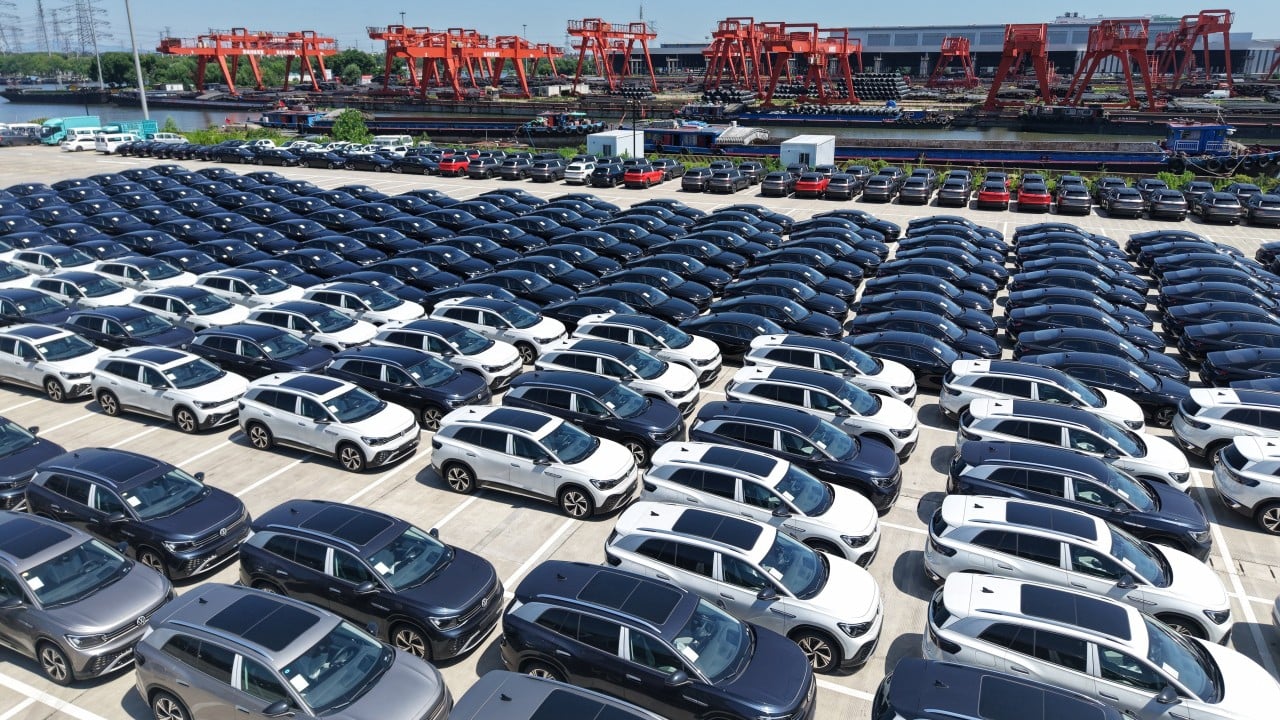Equity investors are shifting their attention to China’s coming Politburo meeting for any clues on whether top leaders will introduce measures to fight back against overcapacity in some of the nation’s emerging industries.
Advertisement
All eyes will be on how the gathered leaders address hyper-competition in industries including solar, lithium batteries, electric vehicles (EVs) and e-commerce. The summit was expected to be convened later this month and the 24 members of the Communist Party’s decision-making Politburo were expected to attend. Excessive output in these sectors has been blamed for exacerbating China’s deflation and the issue has been highlighted at several high-level meetings as “involution”, a term referring to a self-defeating cycle of excessive competition.
While expectations are low that the Politburo conclave will yield sweeping stimulus measures that would be a boon for equities, investors were hoping for a repeat of an anti-overcapacity campaign in 2016 that took on bloat among coal, steel and commodity producers. On Thursday, HSBC said the solar industry would benefit most from an anti-involution drive because the need for a revamp was urgent due to low utilisation and nagging losses at leading firms.
“There’s no obvious inflection point for the macroeconomy and [related] policies,” said Huang Hongwei, an analyst at Chasing Securities. “But if the policy of anti-involution is effectively implemented, it will improve profitability.”
The Politburo meeting comes as the CSI 300 Index of yuan-denominated stocks recently rose to its highest point this year and Hong Kong’s Hang Seng Index touched a three-year zenith. The market’s resilience was supported by faster-than-expected economic growth in the second quarter and state purchases of stocks. Still, investment banks including Nomura Holdings and Morgan Stanley have warned of slowing growth in the second half due to the uncertainty created by tariffs and deflationary pressure.
Advertisement
In a sign of how overcapacity has been a burden on China’s economy, producer prices – a gauge of factory-gate prices for industrial products – dropped 3.6 per cent in June, the most substantial decline in more than two years. This gauge has dropped for 33 straight months.
Prices of silicon wafers and panels, critical components in the photovoltaic industry, have slumped nearly 90 per cent since 2023, while profits in the automotive industry declined 12 per cent in the first five months of 2025, with companies like BYD rolling out rounds of price cuts to retain market share, Soochow Securities said.

